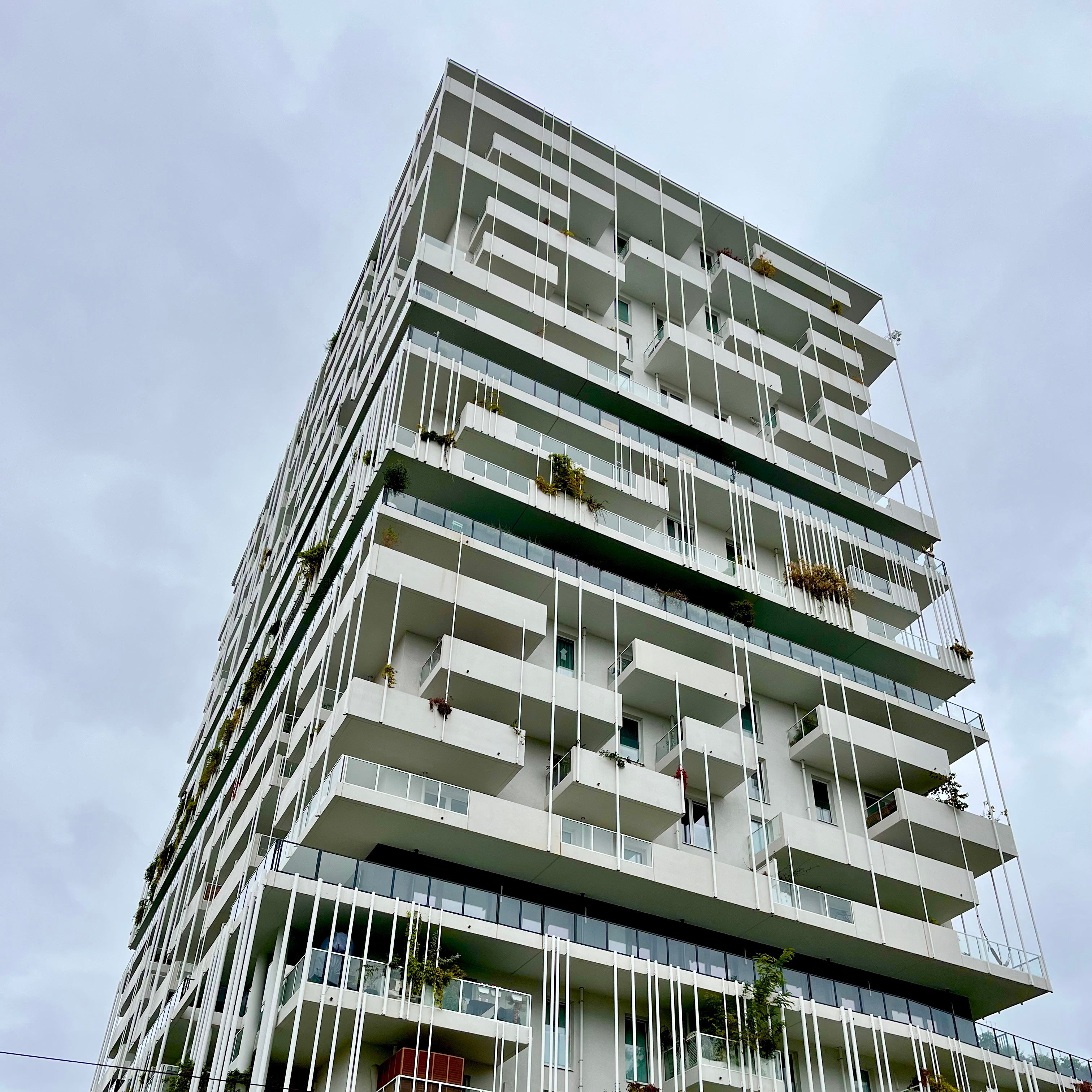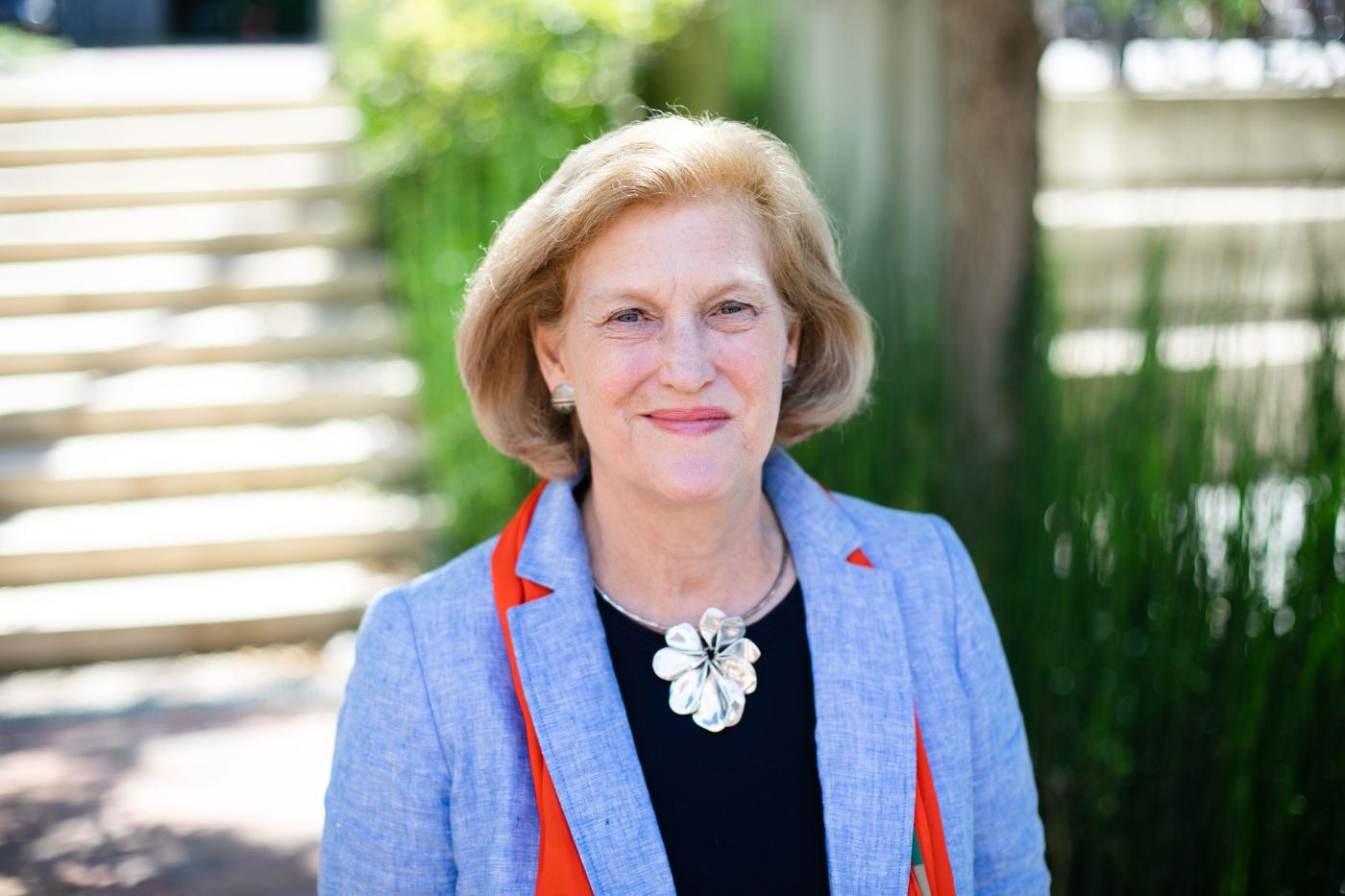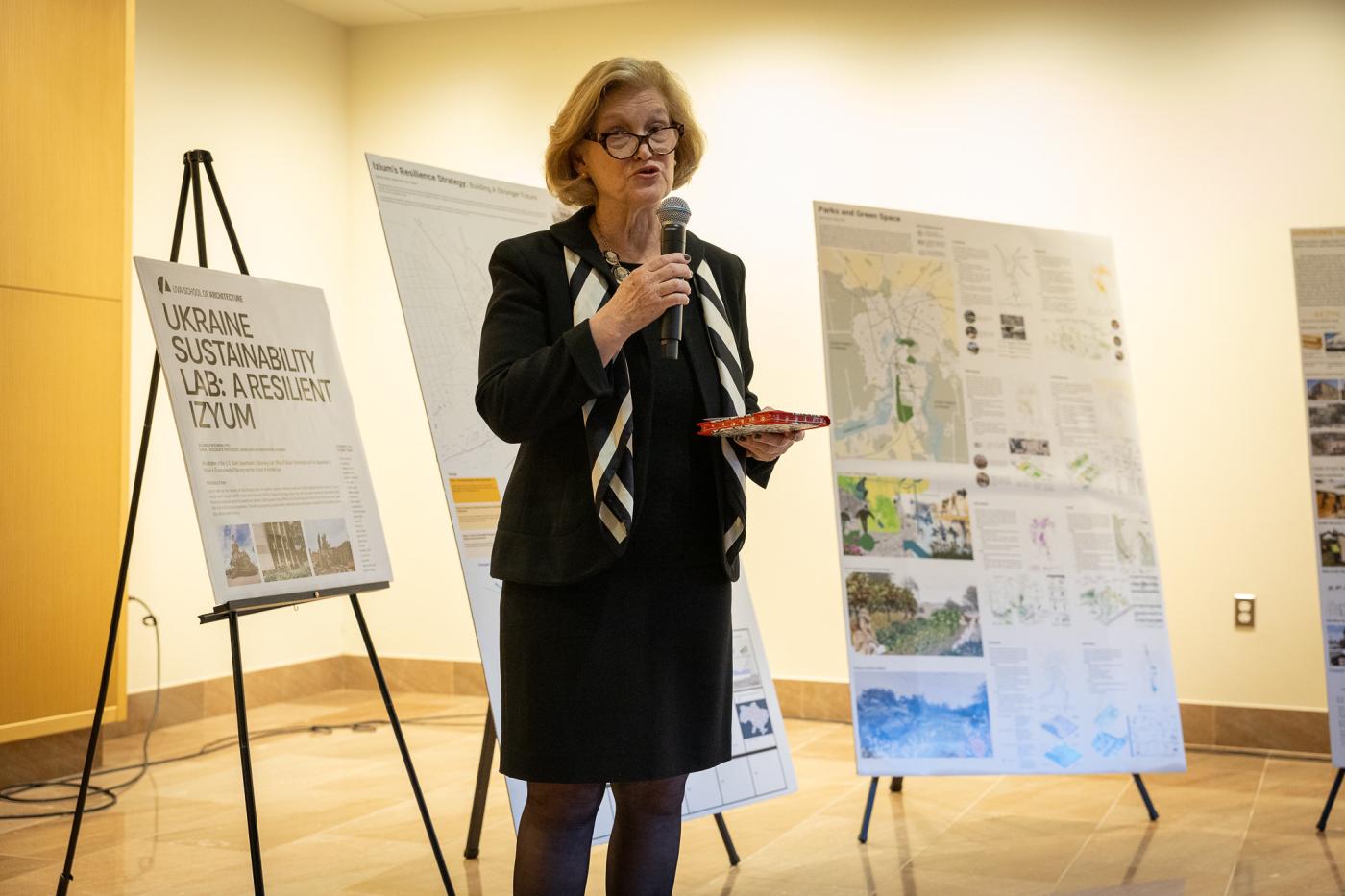
Leading with Hope and Possibility: An Interview with ACES President Suzanne Moomaw

Last month, the Academy of Community Engagement Scholarship (ACES) announced its new slate of officers for 2024–2027, with Suzanne Moomaw, Chair and Associate Professor of Urban and Environmental Planning at the University of Virginia, stepping into the role of president. With over three decades of experience observing and engaging with communities through social, design, and political lenses at various scales, Moomaw brings a wealth of knowledge and dedication to her new position.
“This is an enormous opportunity to lead a membership organization dedicated to improving the circumstances for people and place. The work that our members do every day gives hope to the possibilities that we can and will build a better world through the efforts of all for all,” said Moomaw.
ACES's mission is to provide expertise to policymakers, higher education institutions and organizations, community leaders, and both national and international entities interested in addressing complex societal issues through effective community engagement. Established a decade ago, ACES aims to honor its members' work, advance community engagement scholarship, and model collaborative efforts that address society's most pressing challenges. Moomaw, who was first elected as an ACES fellow in 2016, is part of a distinguished cohort of scholars, artists, and community leaders committed to fostering university-community collaboration.
We recently asked Moomaw to share more about her new leadership role and her vision for ACES.
Can you provide an example of ACES’s mission in action?
Absolutely. A great example is the work being done at the University of Virginia through the Equity Center, UVA Health, Environmental Institute, and the Institute for Engagement & Negotiation. These entities, along with many other schools and individuals, are engaging with community members to tackle a broad range of issues, such as educational preparation, economic and workforce issues, health equity, and climate adaptation on the Eastern Shore of Virginia. This kind of dedication is mirrored globally through the efforts of ACES members.
How have you seen the organization evolve since first becoming an ACES member in 2016?
The evolution has been very positive. Initially, ACES was quite North America-focused, but in recent years, there has been a concerted effort to include international researchers and community members, making the organization truly global. There is also a growing recognition that community engagement scholarship and collaborations are crucial for community change. The inspirational stories and examples shared by members are now seen as foundational for generational change, rather than as anomalies.
How have you and other ACES members benefited from having a community of peers to share your collective expertise? Any new collaborations, for example?
My knowledge base has significantly expanded thanks to my colleagues. The ACES network brings together artists, activists, healthcare professionals, economic development specialists, environmentalists, extension professionals, non-profit leaders, faculty, unaffiliated scholars and researchers, and university leadership. This interdisciplinary membership provides a roadmap for launching new initiatives. For instance, this week alone, two national organizations reached out to me about potential joint projects. Locally, we are seeing collaborations on issues ranging from mitigating heat islands to supporting home-based caregivers and running reading programs for third graders. We all have something to learn and share.

What common challenges do you and your ACES colleagues face when trying to document, share, and present community engagement scholarship to communities and organizations of higher learning?
There are three major challenges. For academics, there is still the issue of recognizing and categorizing this work within the promotion and tenure system. For community members, ensuring that the engagement is authentic, equal, and respectful of cultural norms and histories is crucial. Finally, there is a common misunderstanding that community engagement scholarship is free; it isn’t. This work requires support for community members, faculty, and the implementation of major initiatives. In short, building community through engagement scholarship needs the whole community's involvement.
In your new role as ACES’s president, what ideas would you like to bring to the organization?
I aim to build on the excellent work already done while embarking on our first strategic plan, creating more avenues for members to connect on common interests, and leveraging new media to reach a broad-based network. Most importantly, I want to share with people worldwide that change is possible. As my friend John Gardner, founder of Common Cause, said, we must be "addicted to hope and possibility."


